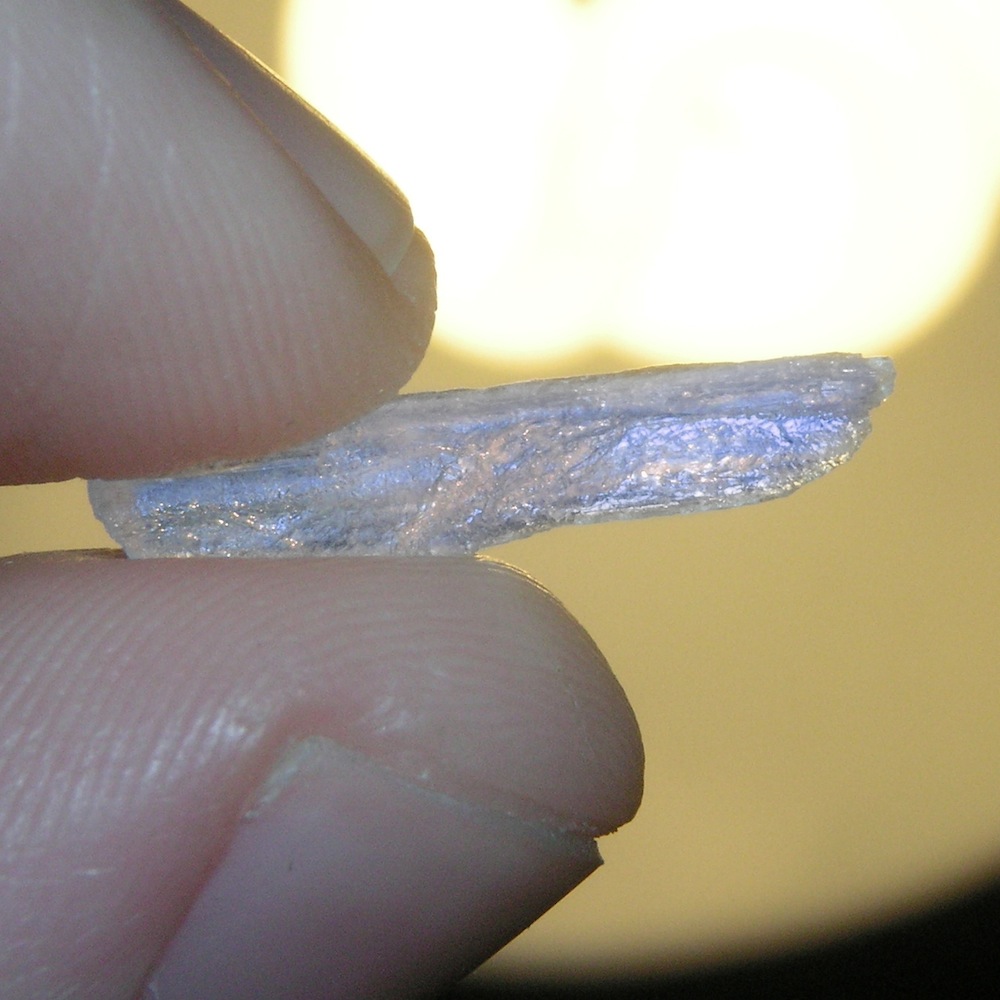For Flies Hooked on Meth, Sugar Delays Death

Fruit flies on meth experience less drug toxicity if they've been snacking on a sugary diet, a new study finds.
But this isn't a spoonful-of-sugar-makes-the-meth-go-down situation: Methamphetamine still damages the fruit flies' systems, said study researcher Barry Pittendrigh, a toxicologist at the University of Illinois. Besides, it's not yet known whether sugar in humans would provide a similar protective response, Pittendrigh told LiveScience.
"We do know that people who are methamphetamine addicts oftentimes take in large amounts of sugary drinks, so that was an interesting observation," Pittendrigh said. "But whether or not these things turn out to be related is a question for future research."
Flies on meth
The rush that comes with taking methamphetamines comes at a price. The drug can cause brain changes leading to emotional and mental impairment, according to the National Institute on Drug Abuse. Meth's side effects also include extreme weight loss, anxiety, confusion, insomnia, hallucinations and delusions.
All of this was known from clinical studies, Pittendrigh said, but the molecular pathways that cause these effects are less well understood. He and his colleagues turned to fruit flies as a model of what meth does to the body. Though far apart on the evolutionary ladder, fruit flies and humans share many similarities on a molecular level, Pittendrigh said.
After some failed attempts to get the flies to ingest meth, the researchers managed to sneak it into the insects' food media. Then, they did genetic and molecular tests to see how the meth affected fly biology.
Get the world’s most fascinating discoveries delivered straight to your inbox.
The impacts turned out to be very widespread. The researchers found 229 genes that transcribed into proteins differently under the influence of meth, and 34 changes in the molecular processes that drive cells. Meth exposure altered the behaviors of molecules involved in sugar metabolism, cellular energy generation, and muscle health, the researchers report today (April 20) in the open-access journal PLoS One. Even spermatogensis, or the development of sperm, was hit by meth's destructive power.
Meth also affected oxidative stress, a facet of cellular aging. That finding was very logical, Pittendrigh said.
"Methamphetamines are known to cause a very rapid aging effect," he said. "Oxidative stress can cause a lot of damage to cells."
Sweet protection
The finding that meth affects energy and metabolism made Pittendrigh and his colleagues wonder if sugar metabolism (how the body breaks down and utilizes sugar) isn't involved in meth's toxic effects. They fed meth-exposed fruit flies a diet heavy in trehalose, an insect blood sugar, and found that the sugar-eating flies outlived those on a regular diet.
Many of the results require follow-up testing to determine their relevance to mammals, Pittendrigh said. But the hope is that fruit flies can help researchers understand what makes meth such a "horrible molecule," he said.
"Hopefully, some of these insights might lead to opportunities to deal with the problems associated with the drug," he said.
You can follow LiveScience senior writer Stephanie Pappas on Twitter @sipappas. Follow LiveScience for the latest in science news and discoveries on Twitter @livescience and on Facebook.

Stephanie Pappas is a contributing writer for Live Science, covering topics ranging from geoscience to archaeology to the human brain and behavior. She was previously a senior writer for Live Science but is now a freelancer based in Denver, Colorado, and regularly contributes to Scientific American and The Monitor, the monthly magazine of the American Psychological Association. Stephanie received a bachelor's degree in psychology from the University of South Carolina and a graduate certificate in science communication from the University of California, Santa Cruz.


